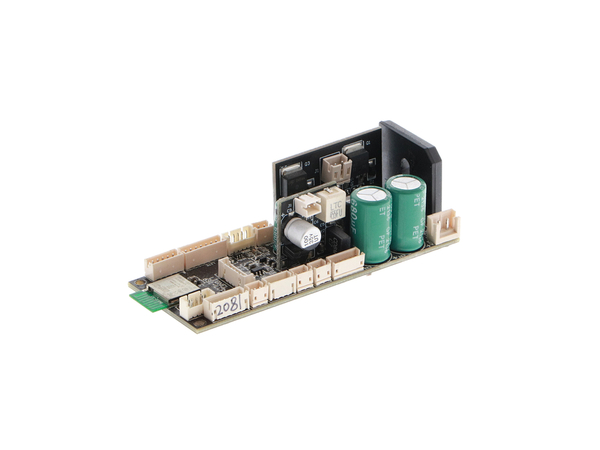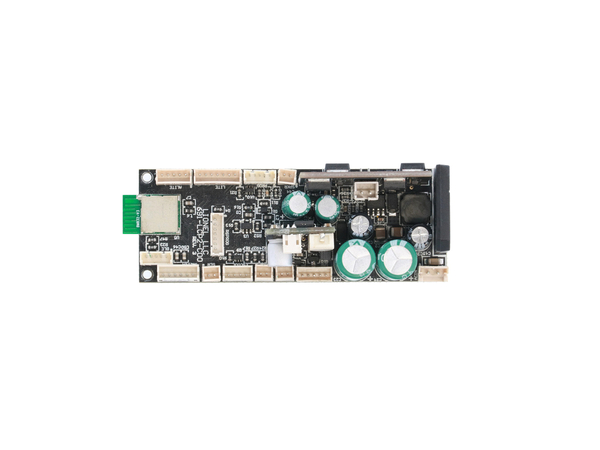I was looking into obtaining some older Legacy locomotives but became concerned about availability of replacement parts (specifically the various electronic boards). After Lionel obsoleted TMCC parts overnight a couple of years ago I'm concerned that they could do the same with older Legacy boards which in fact they've already done with the first generation modular Legacy boards. Looking through the Lionel parts website I've come to the realization there are several generations of Legacy engine electronics and I'm really confused as to when these generations came into use and the potential for not being able to get replacements in the future. So is there anyone that can explain the progression of Legacy electronics?
From what I can find:
- First generation Legacy had modular boards similar to the TMCC boards. These were obsoleted and good luck finding replacements.
- I think the next generation was the RCMC. These had plug in receiver boards which have been obsoleted. However there seem to be RCMC boards available with the receiver board included. I found different versions of the RCMC including Rev B and Rev C/D.
- There appears to be a RMCD. Is that just a different revision of the RCMC or something else?
- The latest generation seems to be the LCP2. However, I'm really not sure about that.
Anyhow I'm confused and have probably missed something. If any one can explain the different generations and approximate time frames of their production it would be helpful.
I imagine Lionel is no longer producing RCMC boards so if and when they run through their available spare stock or simply decide to obsolete all RCMC parts at once like they did the TMCC parts, engines equipped with these electronics could become shelf queens.
Ken








